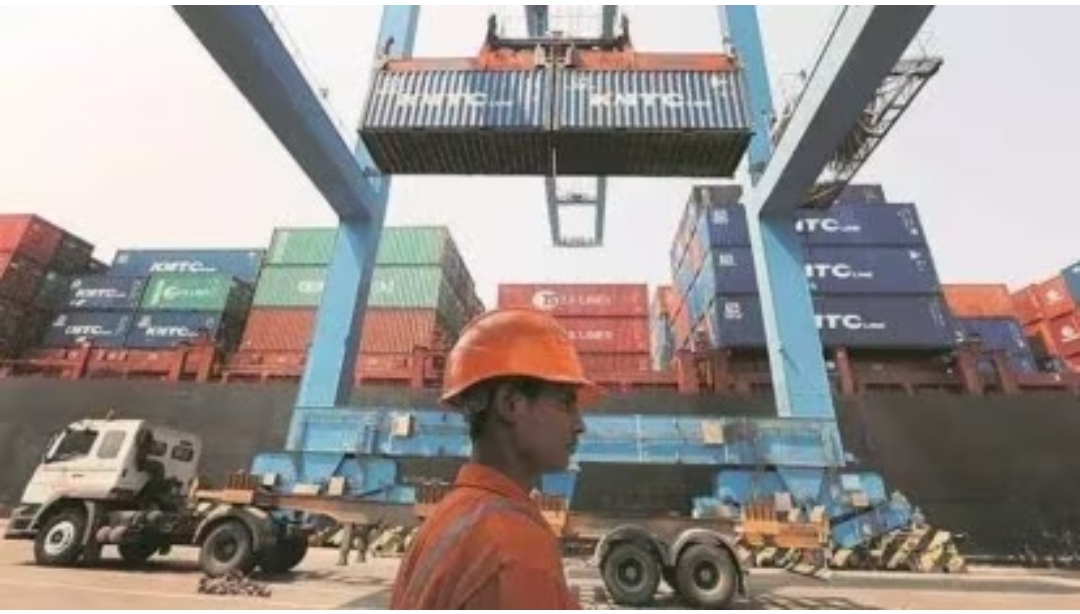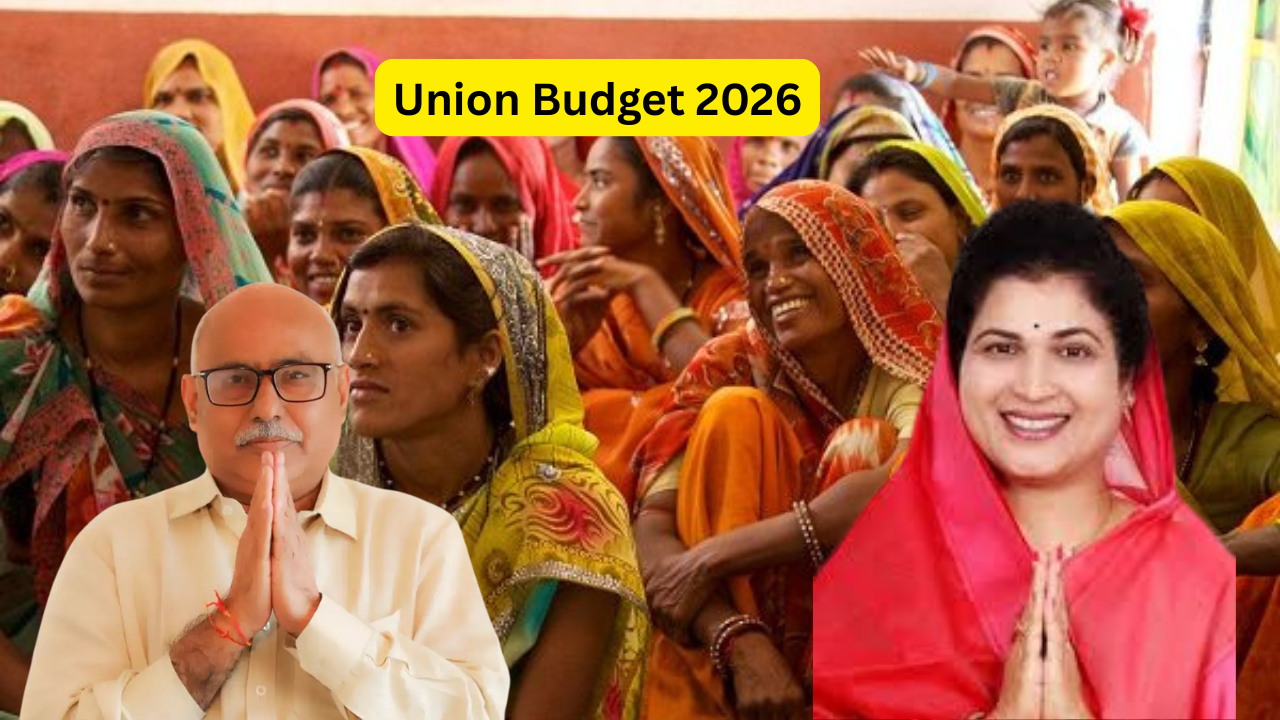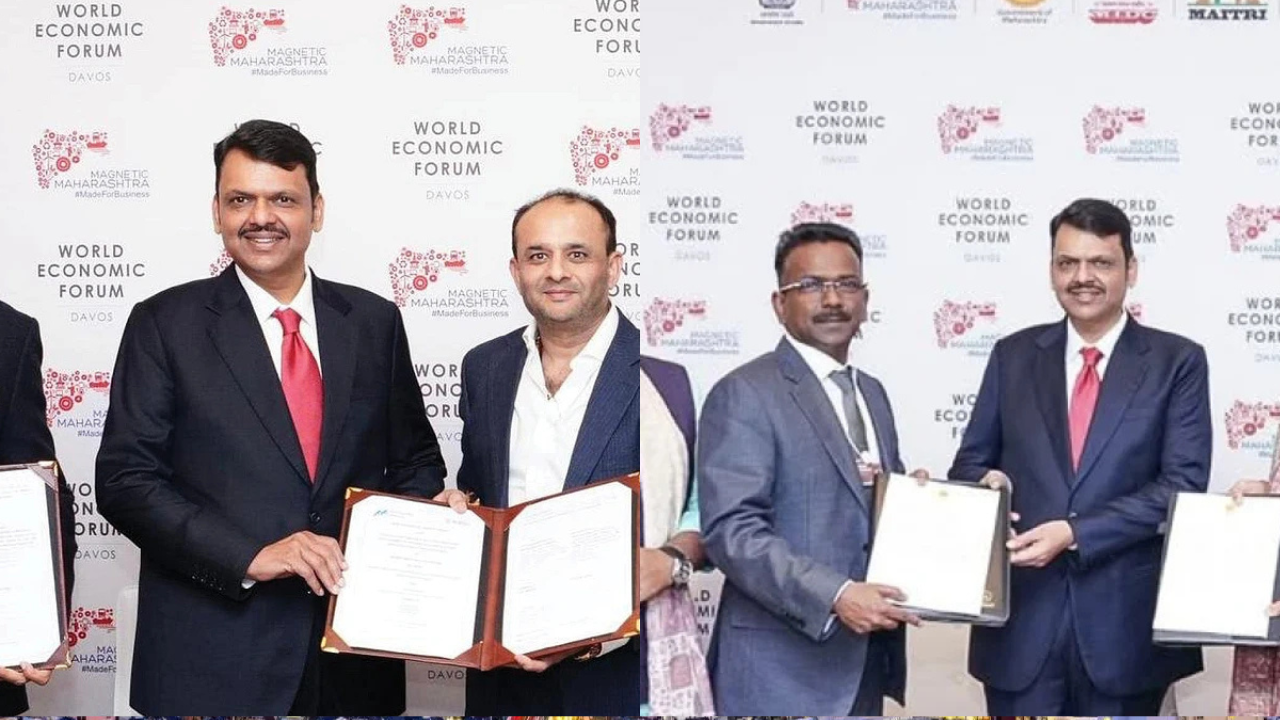The trade pillar is one of the most pivotal corridor of IPEF that seeks commitment on sensitive areas as husbandry, digital trade and labour and could bear changes in domestic regulation.
With the listed seven rounds of Indo- Pacific Economic Framework for Prosperity( IPEF) accommodations drawing to a close this month, New Delhi continues to be skeptical of joining the trade pillar citing the lack of “ palpable benefits ”, said a elderly government functionary with direct knowledge of the matter. The trade pillar is one of the most pivotal corridor of IPEF that seeks commitment on sensitive areas as husbandry, digital trade and labour and could bear changes in domestic regulation. still, in a reversal to the Washington- driven IPEF that seeks to fight China’s dominance in the region, an agreement on the trade pillar wasn’t reached in the last round in San Francisco.
IPEF was launched concertedly by the US and other mate countries of the Indo- Pacific region on May 23 last time in Tokyo and is structured around four crucial negotiating subjects or pillars relating to trade, force chains, clean frugality and fair frugality( issues like duty andanti-corruption). But unlike traditional trade deals, IPEF doesn’t deal with request access.
“ On pillar there was a positive intent from all member countries because force chain adaptability and green energy transition is a common bid. On the trade pillar, there are questions. Benefits aren’t clear and that’s presumably why the trade pillar has not been closed. Because members are chancing it delicate to take commitments without any clear palpable benefit. That has been the reason for the detention, ” the functionary said.
“ When we had started accommodations last time, seven rounds were listed to take place to complete addresses on all four pillars. Trade pillar is a significant and aspiration pillar and has as numerous as 10 chapters. There has been progress but members couldn’t advertise the check of the trade pillar. We hadn’t planned any accommodations after November, ” the functionary said.
On the contentious issues of import restriction, the functionary said that perceptivity of each country has been taken care which helped in the signing of three pillars but no agreement over commitment on import restriction is likely. The IPEF agreement refers to avoiding restrictions on food and husbandry significances or exports. still, India has been considerably using similar restrictions to arrest food prices. India has banned wheat exports, assessed restrictions on rice and sugar exports in the run up to the general choices coming time.
“ For case, phase down of coal power. It was commodity that developed countries wanted but it’s a perceptivity for India and it was eventually dropped. We’re committing to increase our share of renewable energy. But as far as import restriction is concerned. It’s a autonomous policy space which each country wants to cover. It isn’t easy for any country to commit to this. Any discussion around import restriction will need to be caveated with certain safeguard which is important for public security and food security. I do n’t suppose there could be any agreement on import restriction in IPEF, ” the functionary reiterated.
Ajay Srivastava, a former Indian Trade Services officer andco-founder global trade exploration action( GTRI), said that India’s decision to stay out of the Trade pillar, which focuses on digital trade, labor, and other sectors, aligns with its broader strategy of retaining nonsupervisory autonomy. The norms under discussion, primarily aligned with Organisation for EconomicCo-operation and Development( OECD) husbandry, pose a challenge for India in terms of domestic rule alignment.
“ The trade pillar isn’t about request access for goods or services but about changing the domestic nonsupervisory governance for digital trade, labour and other sectors. utmost norms under discussion are formerly being applied in the US and other OECD husbandry. India must make domestic rules norms gormandize or risk being pushed in IPEF and in FTA accommodations with the EU, the UK, etc, ” Srivastava said.
Australia, Brunei Darussalam, Fiji, India, Indonesia, Japan, the Republic of Korea, Malaysia, New Zealand, Philippines, Singapore, Thailand, the US and Vietnam are members of the IPEF. Together they regard for 40 per cent of the world’s profitable affair and 28 per cent of trade.
For further information visit at https://happenrecently.com/zepto/?amp=1















